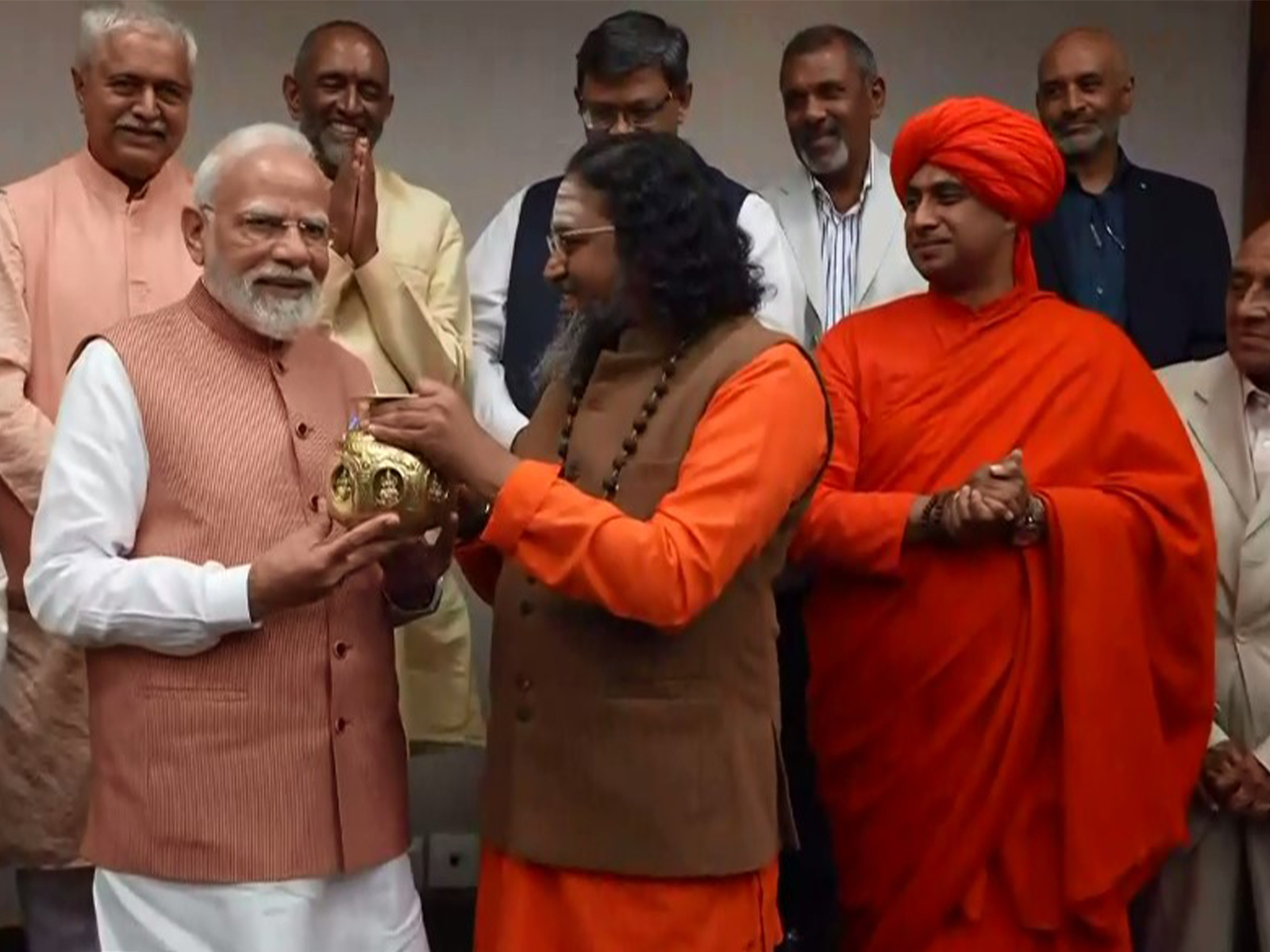New Delhi [India], November 22 (ANI): Union Home Minister Amit Shah on Friday extended his greetings to workers across the country on the nationwide implementation of the new Labour Codes, calling it a historic reform that strengthens the rights and welfare of India’s workforce, as per an official release.
In a post on X, Amit Shah said greetings to all workers across the country on the nationwide implementation of the new Labour Codes. He said that, enacted under the leadership of Prime Minister Narendra Modi, these codes represent the most significant reform in the history of Labour Laws.
According to the Ministry of Home Affairs, Amit Shah said that these codes, which guarantee minimum wages, social security, equal opportunities for women workers, and legal recognition for gig and unorganised workers, will improve workers’ living standards. They will also accelerate the creation of a developed and self-reliant India to become a role model for labour laws around the world. Thanks to Modi Ji for these historic codes.
In a historic decision, the Government of India has announced that the four Labour Codes, the Code on Wages, 2019, the Industrial Relations Code, 2020, the Code on Social Security, 2020 and the Occupational Safety, Health and Working Conditions Code, 2020, are being made effective from 21st November, rationalising 29 existing labour laws.
By modernising labour regulations, enhancing workers’ welfare and aligning the labour ecosystem with the evolving world of work, this landmark move lays the foundation for a future-ready workforce and stronger, resilient industries driving labour reforms for Aatmanirbhar Bharat.
According to an official release issued by the Ministry of Labour and Employment, many of India’s labour laws were framed in the pre-Independence and early post-Independence era (1930s-1950s), at a time when the economy and world of work were fundamentally different. While most major economies have updated and consolidated their labour regulations in recent decades, India continued to operate under fragmented, complex and in several parts outdated provisions spread across 29 Central labour laws.
These restrictive frameworks struggled to keep pace with changing economic realities and evolving forms of employment, creating uncertainty and increasing compliance burden for both workers and industry. The implementation of the four Labour Codes addresses this long-pending need to move beyond colonial-era structures and align with modern global trends.
Together, these Codes empower both workers and enterprises, building a workforce that is protected, productive and aligned with the evolving world of work — paving the way for a more resilient, competitive and self-reliant nation. (ANI)
Disclaimer: This story is auto-generated from a syndicated feed of ANI; only the image & headline may have been reworked by News Services Division of World News Network Inc Ltd and Palghar News and Pune News and World News
HINDI, MARATHI, GUJARATI, TAMIL, TELUGU, BENGALI, KANNADA, ORIYA, PUNJABI, URDU, MALAYALAM
For more details and packages
















